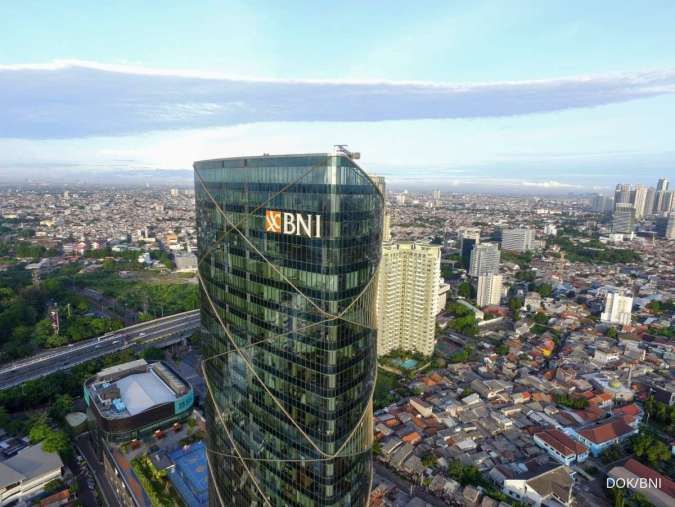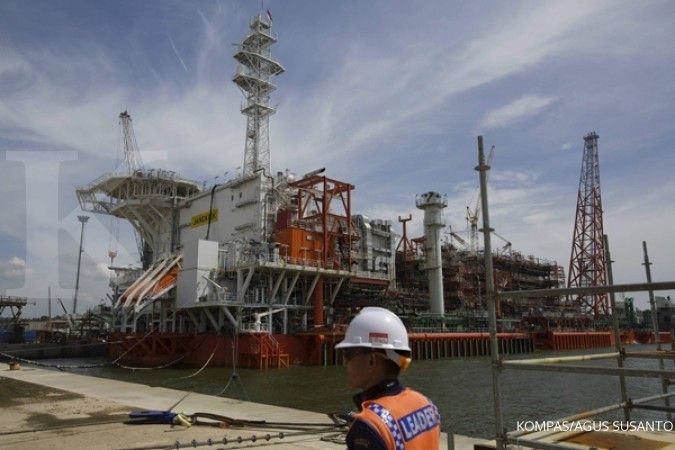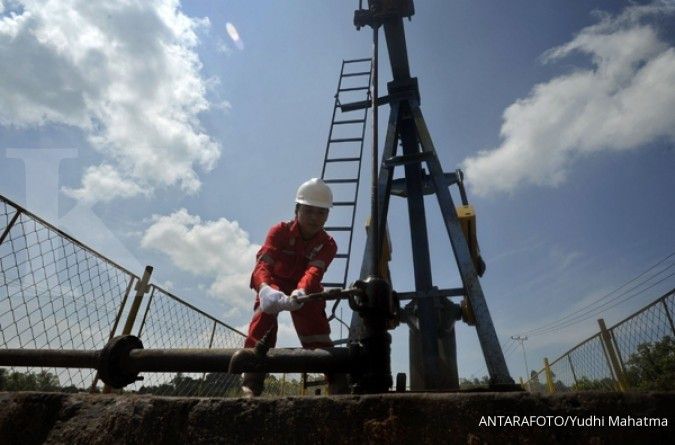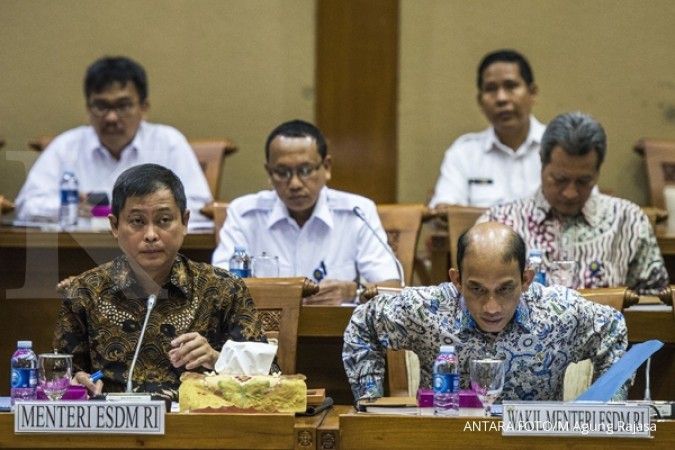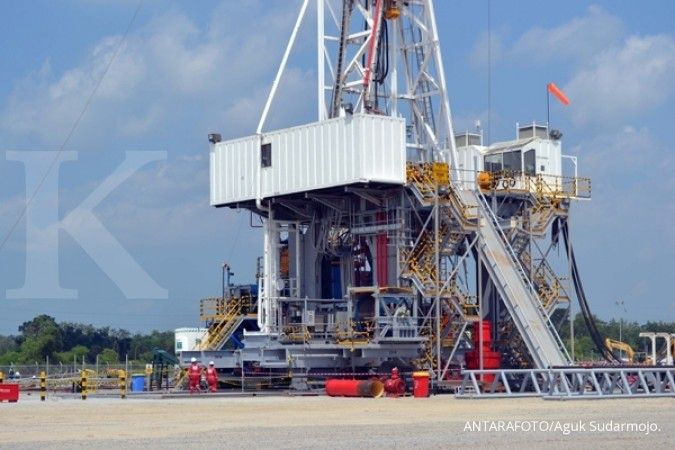JAKARTA. Ministry of Energy and Mineral Resources (ESDM) confirmed to release the Regulation of Minister of ESDM on the contract of revenues sharing under the split gross scheme on 18 January. The final draft of the ministerial regulation sets the basic split before tax in oil commodity as much as 70% for the government and 30% for the contractor. These numbers have decreased from 85% and 15%, respectively. Meanwhile, in the gas sector, the split before tax is 65% for the government, and 35% for the contractor. Previously, the split was 70% for the government and 30% for the contractor. Director of Engineering and Environment of Ministry of ESDM Djoko Siswanto said, the government’s portion was reduced, on the grounds that the contractors have to bear all oil and gas production costs. “Previously, we bore the costs,” said Djoko, Monday (16/1).
Entrepreneurs still in doubt with gross split
JAKARTA. Ministry of Energy and Mineral Resources (ESDM) confirmed to release the Regulation of Minister of ESDM on the contract of revenues sharing under the split gross scheme on 18 January. The final draft of the ministerial regulation sets the basic split before tax in oil commodity as much as 70% for the government and 30% for the contractor. These numbers have decreased from 85% and 15%, respectively. Meanwhile, in the gas sector, the split before tax is 65% for the government, and 35% for the contractor. Previously, the split was 70% for the government and 30% for the contractor. Director of Engineering and Environment of Ministry of ESDM Djoko Siswanto said, the government’s portion was reduced, on the grounds that the contractors have to bear all oil and gas production costs. “Previously, we bore the costs,” said Djoko, Monday (16/1).
